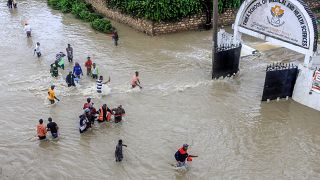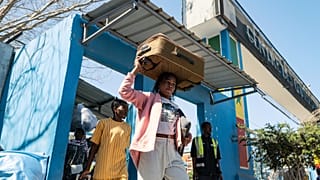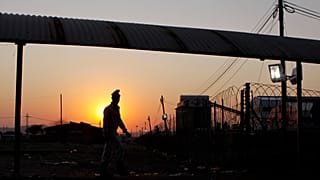Senegal
Amidst growing pressure from climate change, Senegal's nomadic pastoralists are finding ways to adapt.
Although pastoralism has sustained populations around the world for millennia, climate change is contributing to a deterioration of environments and shrinking rangelands on which to graze livestock.
A threatened lifestyle
More than 50 million people in Asia, Africa, the Middle East and elsewhere practice this way of life.
Pastoralists move with their livestock in search of new grazing ground, adapting to changing environments and leaving behind fallow land to heal and regrow.
Yet, in Senegal, rising temperatures, diminishing vegetation and a lack of water are putting pastoralism at risk.
Some among the younger generations also seek a life that is less grueling and are opting to leave the herding life behind.
Lessons for the world
Experts say that the traditions of pastoralists could provide a lesson to those who raise livestock at much larger scales.
By leaving land fallow for extended periods, livestock farmers can reduce the impact of animal agriculture on the environment.
With desertification a problem throughout the Sahel region, human activity, such as overgrazing and deforestation, is playing a large part.
Following the pastoralists could prove beneficial to all.











01:00
From Milano Cortina to Dakar 2026: Olympic mascots Tina and Ayo share the stage
01:00
19 soccer fans jailed for AFCON final chaos in Morocco
01:00
Floods in western France leave two dead and 81 departments on alert
01:05
Madagascar cyclone death toll rises to 59 as devastation mounts
01:07
Madagascar requests international help after cyclone devastation
00:55
Senegal university crisis: Student bodies suspended after deadly unrest